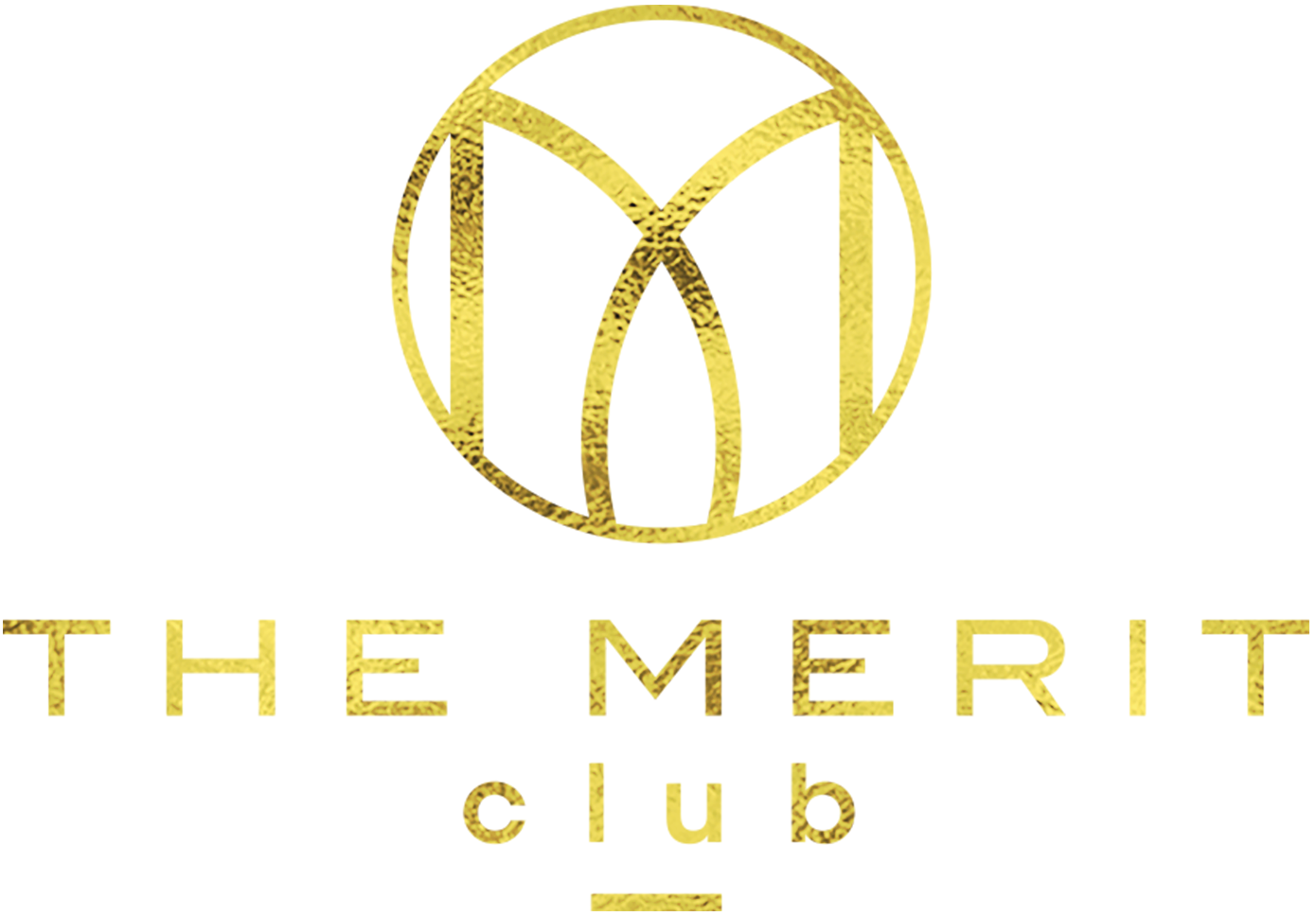Neuroscience of Addiction
At the Merit Club we are fascinated with what makes our brains tick! Every Wednesday we will be digging a little deeper into this with our Neuroscience Wednesdays series. Finding videos and articles on subjects from love through leadership to addiction, these blogs will cover a range of ideas and theories that help us understand our mind better, have the power to shape our lives and the way we think.
This week on Neuroscience Wednesday Merit Club brings you Marc Lewis' talk on addiction and whether it should be labelled a disease.
Addiction, is it a brain disease?
In this insightful video Marc Lewis, neuroscientist, professor of developmental psychology and former addict, makes a statement that addiction is not a disease, even though it has been labelled as such by society. He aims to change the perspective of addiction as a brain disease through his extensive research of measuring activity in the brain; for example the volume of brain matter. In this video he explains how addiction really impacts our brains and how neuroplasticity (the brains capacity to change and adapt) and a developmental approach to treatment can help overcome these impacts.
So how does Marc Lewis explore the science of addiction and its relation to the brain?
In this lecture, Marc Lewis informs us of the roles that certain areas of the brain are involved with during addiction. He looks at the prefrontal cortex as being the bridge of the ship because it is responsible for judgement and decision making. In other words, it’s where we steer our behaviour. Lewis calls the striatum the ‘motivational engine’, because humans need a motive in order to pursue a goal and it is an important region of the brain when it comes to addiction. He also tells us about the role of the ventral tegmental area, which is one area of the brain where dopamine is generated. In addiction, he explains, a lot of dopamine is produced and it travels up from the midbrain into the striatum which gets activated. Dopamine, acting as a switch, turns on the cells in the striatum and gets it to focus on the goal, driving behaviour therefore towards the goal.
Interestingly, Marc Lewis claims that addiction is like a skill, because during addiction the brain learns to efficiently identify and aim behaviour. The reason he says that it is like a skill is because new skills change the brain, it’s not just addiction. A study has shown that in taxi drivers their hippocampus, which is in charge of memory, is 20% more dense than normal people because they have to learn the location of thousands of streets. Another example that learning deeper habits causes changes in the brain is falling in love. It causes an increased amount of dopamine to be generated. If this may interest you, have a look at last week’s neuroscience Wednesday blog post, in which I’ve gone into more depth on neuroscience and love.
Reinterpreting the data which shows that addiction is a brain disease, Marc starts by questioning... what if it isn’t addiction causing the changes in the brain and instead what if it is just the brain changing? The brain changes over time and it is always developing. As you get older it doesn’t ever stop changing, the process just slows down. He draws on one study which pointedly shows what happens to the brain after a long period of time of drug-use, specifically on cocaine, heroin and alcohol. The study concludes that there is a reduction in brain matter. However, there is also a study that shows that the brain changes between the ages of 4 and 20 in MRI scans, which also shows a reduction in brain matter. It makes you question the real definition of addiction as a disease and whether there is more occurring within our brains aside from addiction that we need to explore.
If looking into the fascinating way our brains work, looking out of the box, and challenging ideas interests you, we'd recommend a watch.
Words by Mine Sherefali









